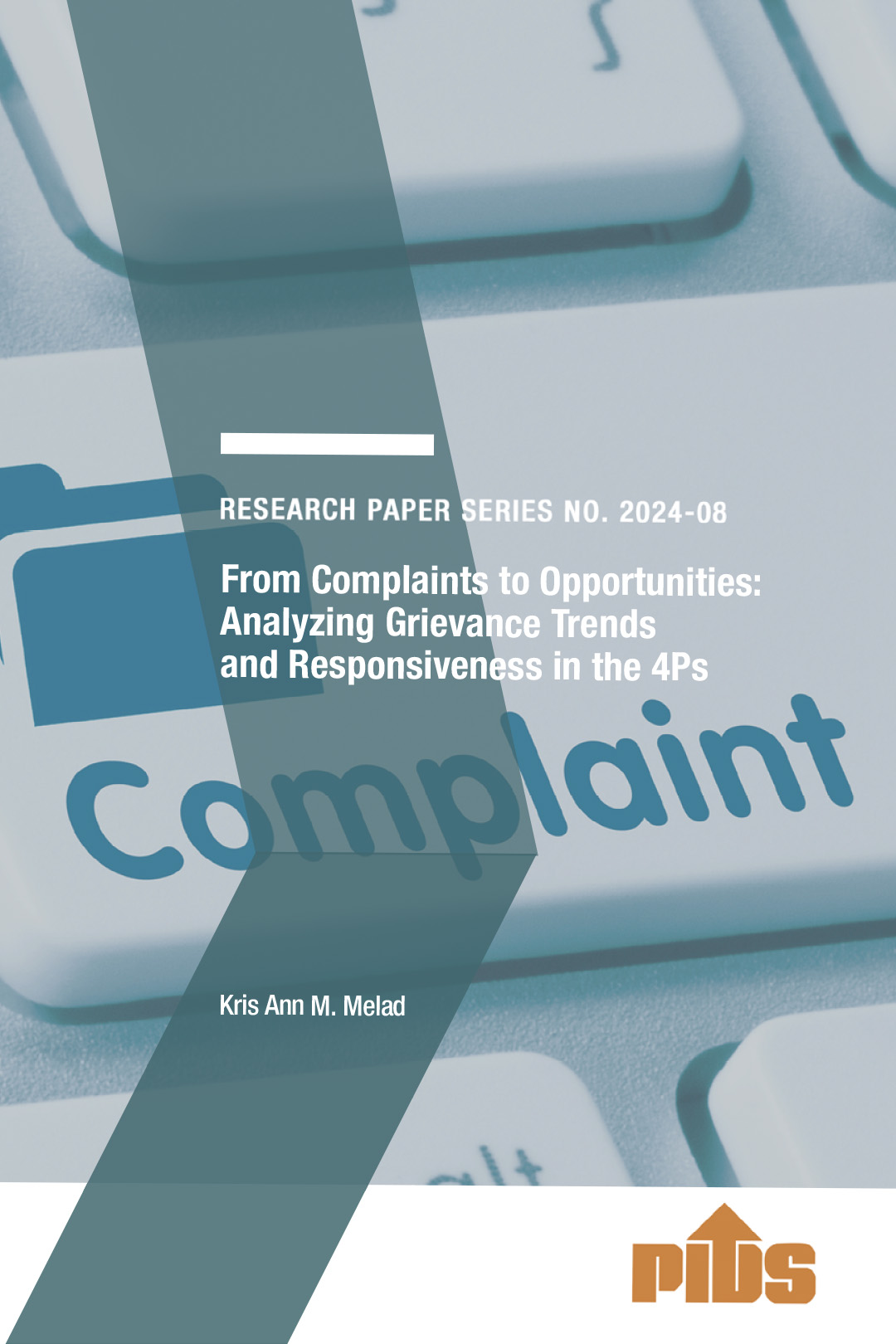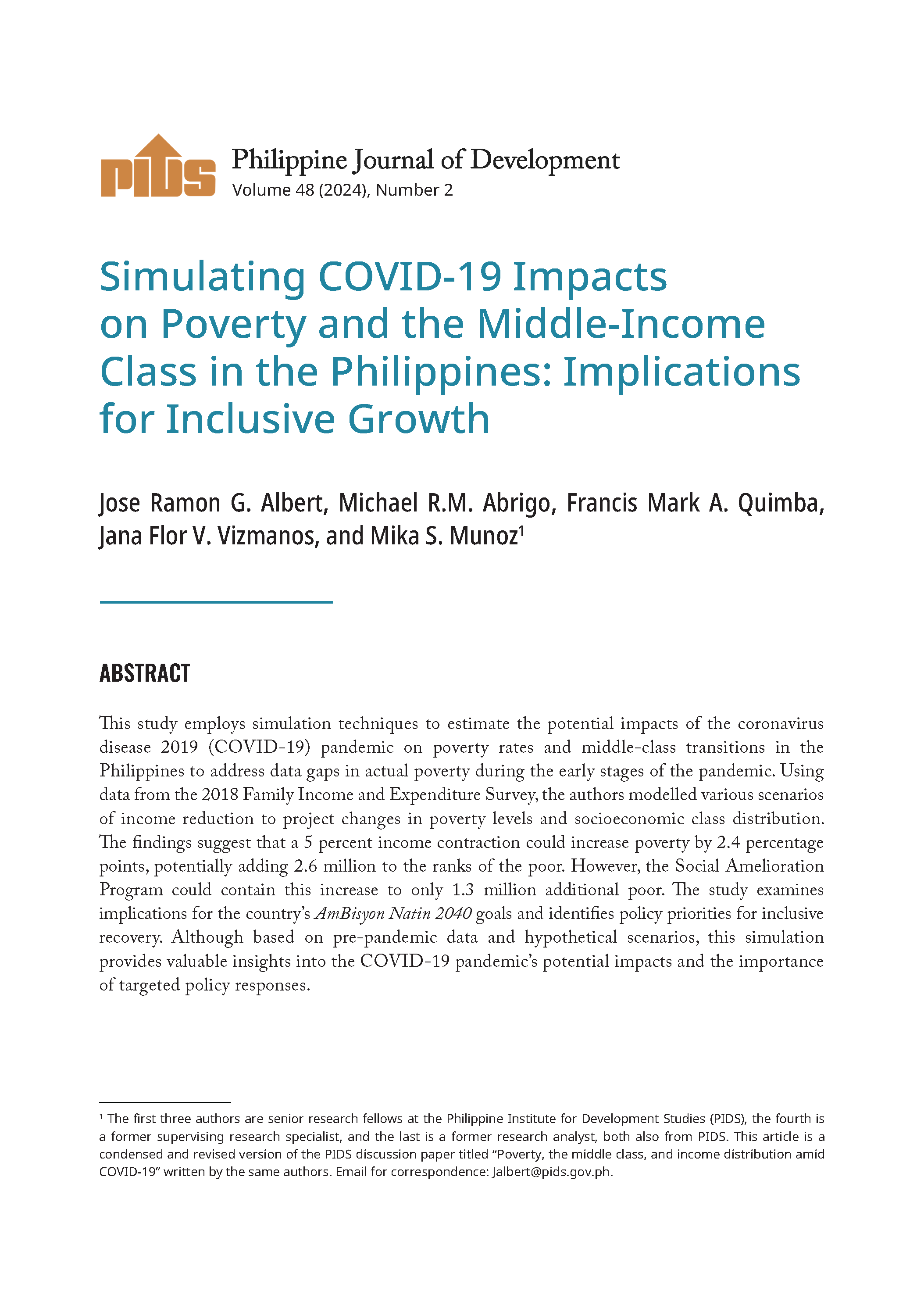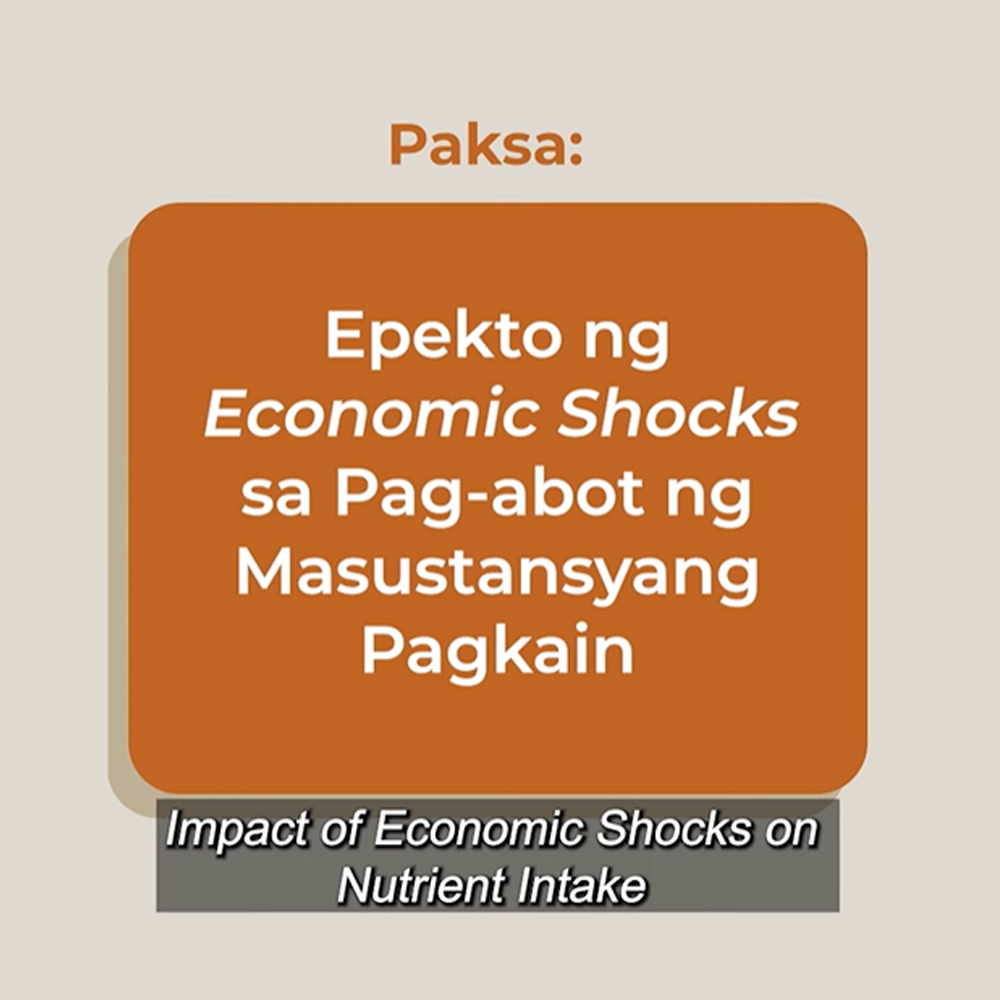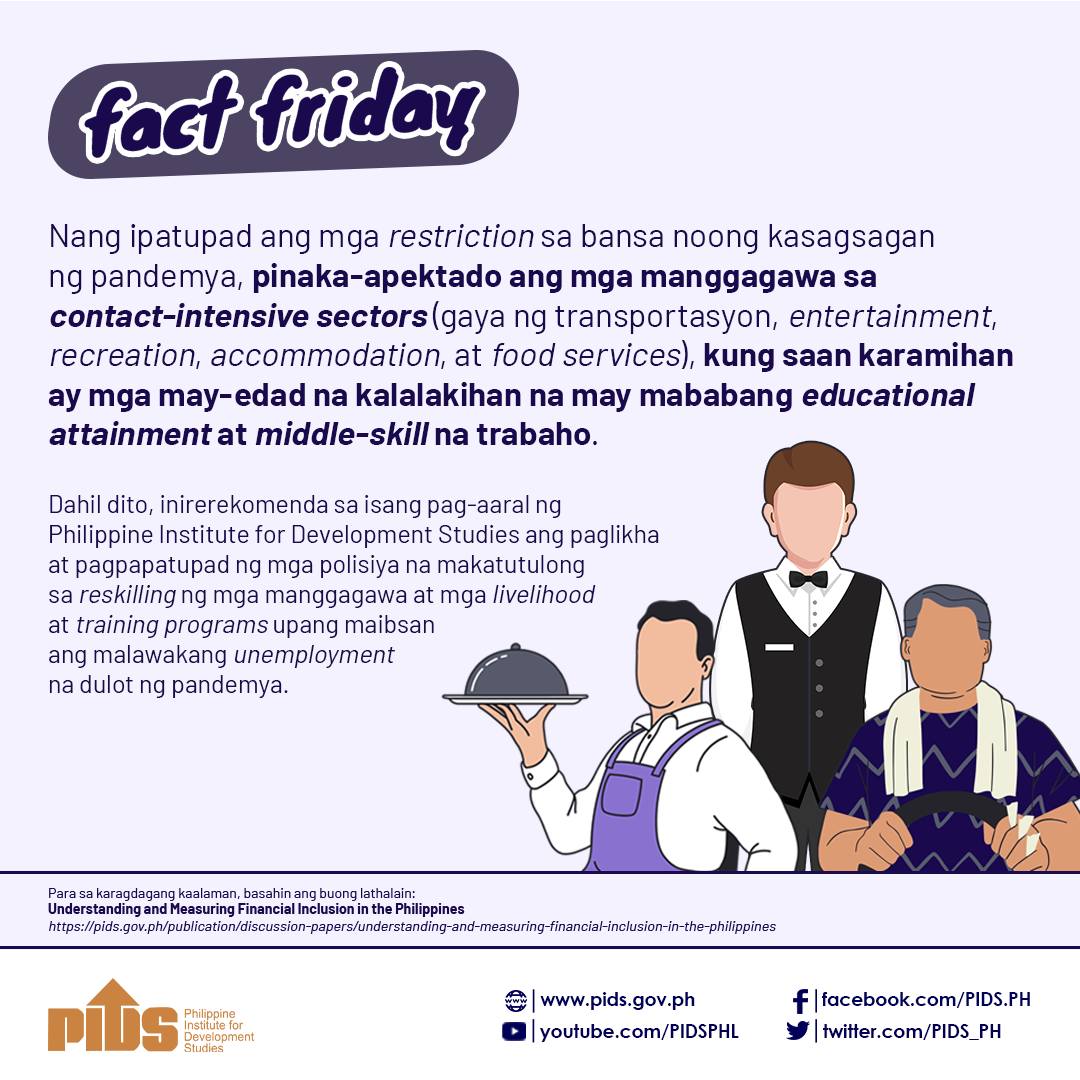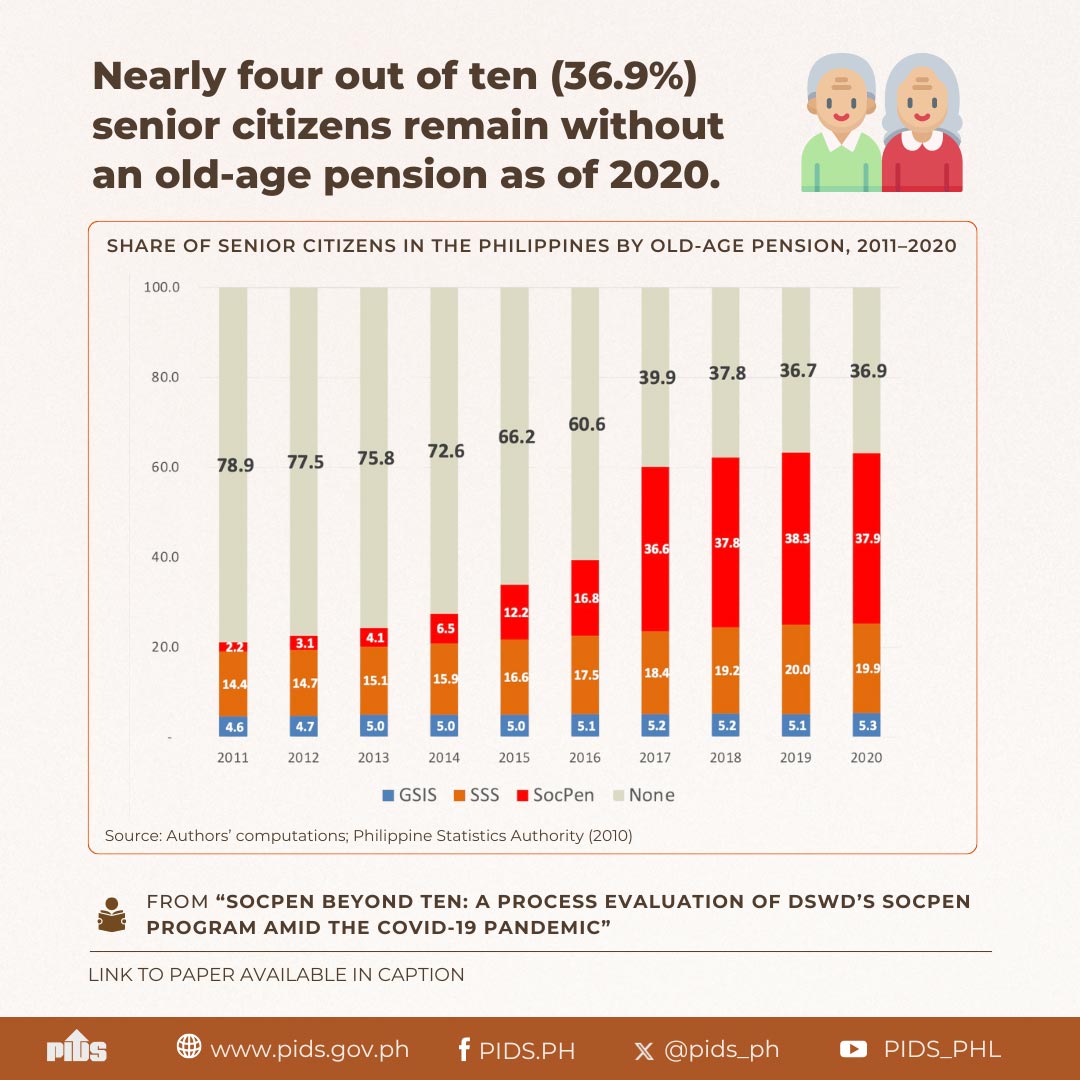MANILA, Philippines — Citizens who have been battered economically with the lockdowns due to the COVID-19 pandemic badly need P10,000 worth of financial aid, Bayan Muna said in a statement issued on Wednesday.
Bayan Muna Rep. Carlos Zarate said the government should not wait for Filipinos to suffer more before handing out monetary grants, especially with 4.5 million of them jobless in 2020, as recorded by the Philippine Statistics Authority (PSA).
“With rising inflation and millions of Filipinos losing their jobs, it is highly insensitive and callous for the Duterte administration to say that it (is) still not considering giving aid to Filipinos,” Zarate said.
“What is Malacañang waiting for? For Filipinos to die and then just give donations [for the funeral]?” he added in Filipino. “So many of our countrymen are starving and can’t find jobs. And yet this is what the administration says even though it has borrowed billions from the World Bank, Asian Development Bank, and other lending institutions.”
The lawmaker was referring to the remark of presidential spokesperson Harry Roque on Tuesday that distributing another wave of cash aid for poor Filipino families was currently not an option.
Instead, Roque said that the government would eventually allow the further easing of the economy to drive industries and open jobs again.
Also on Tuesday, PSA said that the 4.5 million unemployed Filipinos for 2020 was the highest recorded figure in 15 years — or since April 2005. Aside from that, the number of workers also went down to 39.4 million in 2020 from 42.4 million in 2019, while underemployment rates worsened to 16.2 percent from to 13.8 percent.
“At the very least, the administration should now heed the demand of many, even members of Congress, for a ten thousand pesos (P10,000) ayuda to those economically affected by the lockdowns and the Covid-19 pandemic,” Zarate said.
“This cash subsidy proposal, along with other economic measures to help the Philippine economy recover and to strengthen our health care system, are contained in economic stimulus bills now pending with the House, including House Bill 7620 or an Act Providing for a People’s Strategy for Strengthening Health, Social Protection, Economic and Local Industrial Development (SHIELD) that we filed,” he added.
At the beginning of the COVID-19 pandemic — which forced lockdowns that disrupted work and production — the government pledged subsidies for 18 million families and those from industries most affected by the health crisis.
The government’s social amelioration program (SAP) came in two tranches, but a lot of urban poor and activist groups claimed that the amount given — ranging from P6,000 to P8,000, depending on the minimum wage per area — was lacking.
“Under the SHIELD bill, P928.5 billion would be allotted to building the national economy; P320.85 billion for the boosting of the healthcare system; and P316.85 billion for the expansion of social protection,” Zarate said.
“As can be seen the SHIELD bill is a comprehensive legislative measure to address the economic and health problems our country is facing now. We hope that the House leadership would consider this bill in the crafting of a third economic stimulus package for a more responsive response to the needs of our people,” he added.
Last August, polling firm Social Weather Stations (SWS) said that the country’s unemployment rate for July 2020 was at a staggering 45.5 percent — or 27.3 million adult Filipinos.
The SWS unemployment figure in November eventually eased down to 27.3 percent, but it still accounts for 12.7 million Filipino adults — way higher than the PSA figure.
This is not the first time groups called for another wave of cash subsidies. According to the Philippine Institute for Development Studies (PIDS), a possible third tranche of the SAP may cost P163 billion, considering that more Filipino families are living along the poverty line.
Filipinos battered economically by pandemic need P10,000 aid – Bayan Muna

